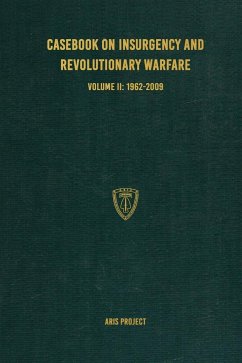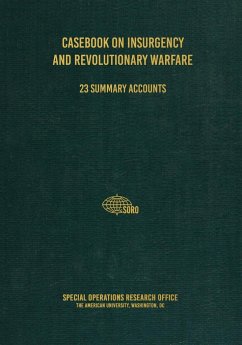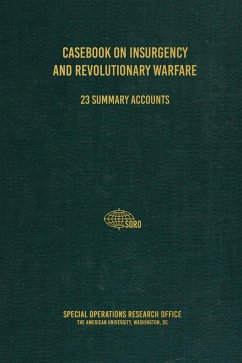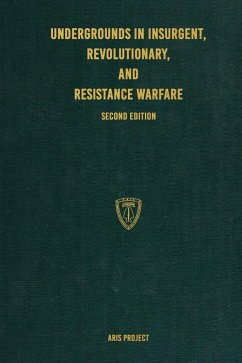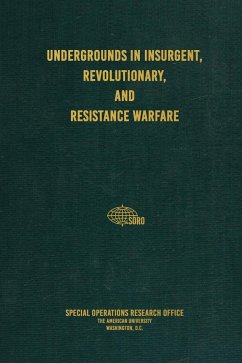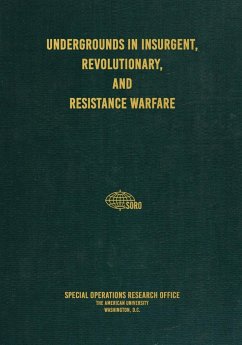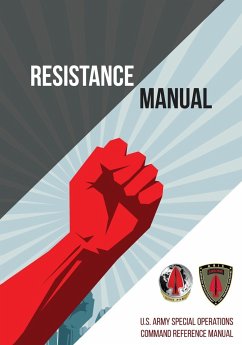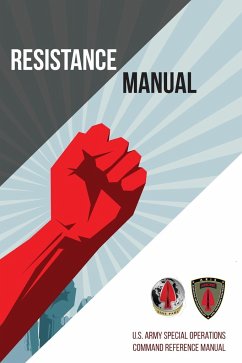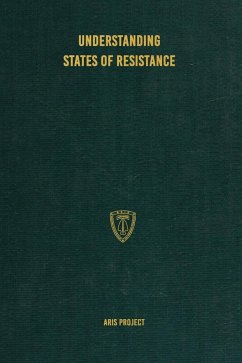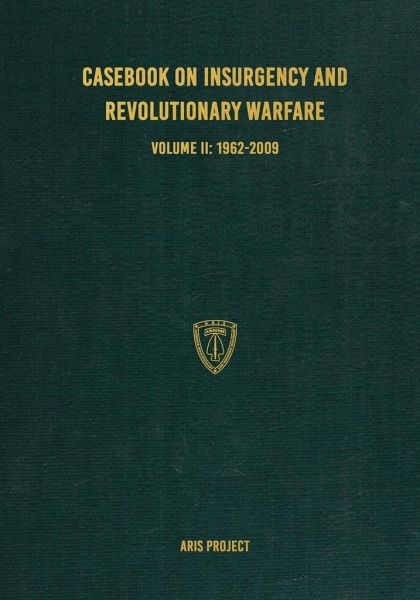
Casebook on Insurgency and Revolutionary Warfare Volume II
1962-2009
Herausgeber: Brown, C.

PAYBACK Punkte
20 °P sammeln!
This Casebook provides a summary of twenty-three insurgencies and revolutions and covers the period 1962-2009; the goal of the book is to introduce the reader to modern-style irregular and unconventional warfare, as well as to act as an informational resource on these particular cases. While not trying to provide an in-depth analysis of any case, the intent was to provide enough background material and description of the revolution to allow comparisons and analysis of broader ideas and insights across this broad spectrum of cases. If further study is desired, each case contains a detailed bibl...
This Casebook provides a summary of twenty-three insurgencies and revolutions and covers the period 1962-2009; the goal of the book is to introduce the reader to modern-style irregular and unconventional warfare, as well as to act as an informational resource on these particular cases. While not trying to provide an in-depth analysis of any case, the intent was to provide enough background material and description of the revolution to allow comparisons and analysis of broader ideas and insights across this broad spectrum of cases. If further study is desired, each case contains a detailed bibliography that points toward what was found to be the most helpful and insightful sources. All cases in this book are presented in a standardized format, a research framework, making it easy to compare various aspects of revolutionary warfare. The Methodology section will define what each section of the framework provides and our justification for its inclusion. All of the sources used in preparation of this Casebook are unclassified and for the most part are secondary rather than primary sources. Where we could, we used primary sources to describe the objectives of the revolution and to give a sense of the perspective of the revolutionary or another participant or observer. This limitation to unclassified sources allows a much wider distribution of these case studies, while hindering the inclusion of revealing or perhaps more accurate information. The ARIS Project endeavored to use sources believed to be reliable and accurate. These studies are also meant to be strictly neutral in terms of bias toward the revolution or those to whom the revolution is directed. The ARIS Project sought to balance any interpretive bias in their sources and in the case presentation so that it may be studied without any indication by the author of moral, ethical, or other judgment.





